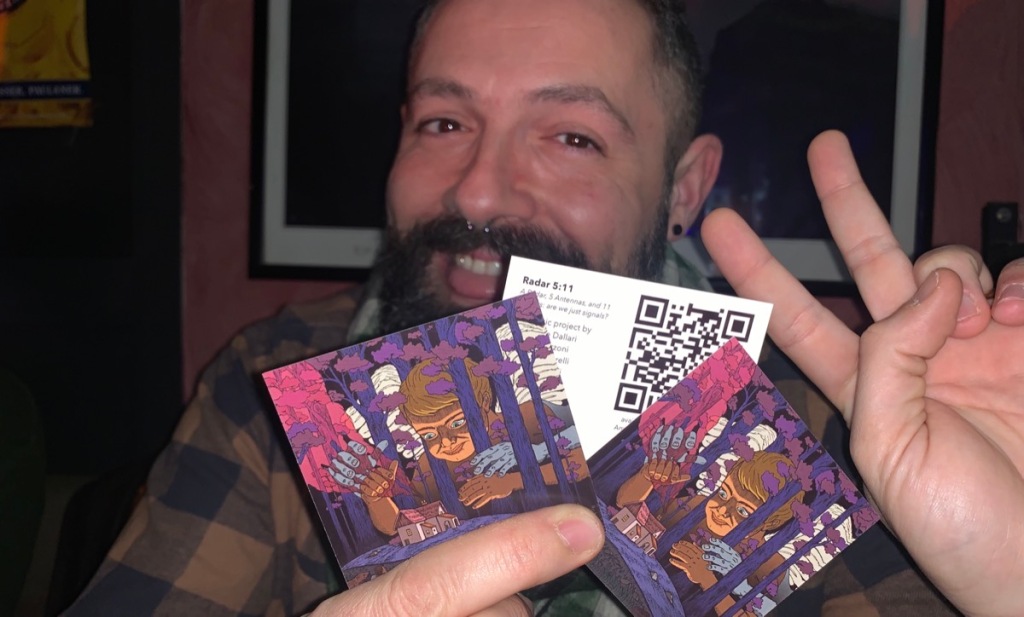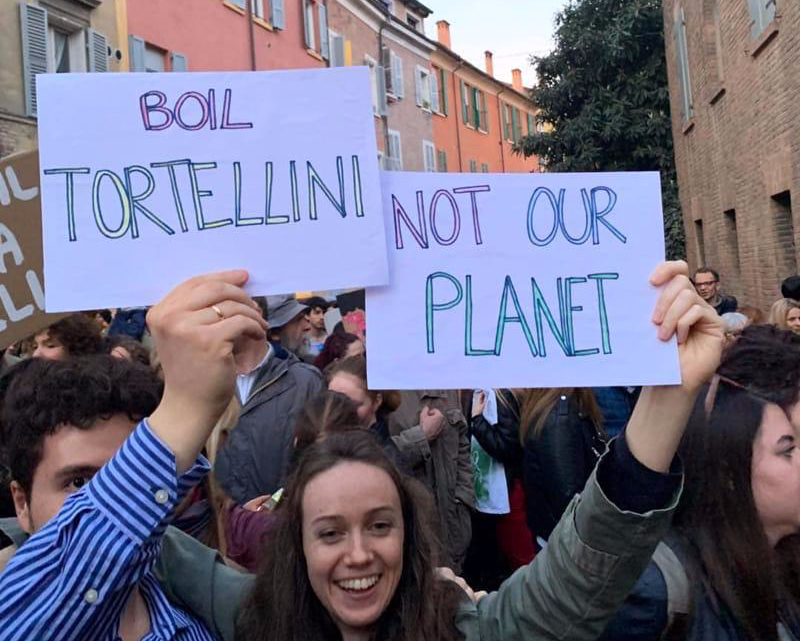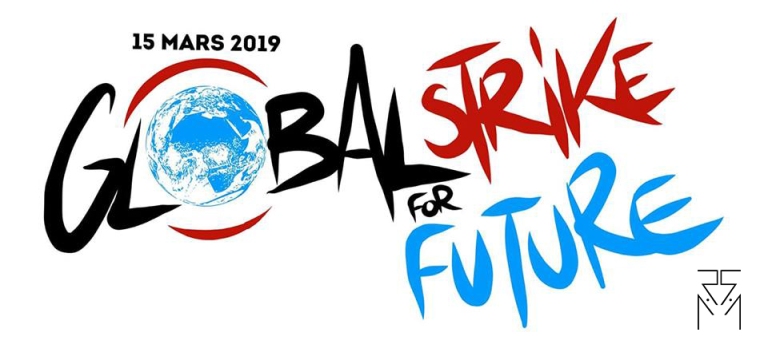Scroll down for English version
Risposta breve: non esistono.
Risposta lunga:
Quando si è trattato di fare il master di (C)lose, avevamo già deciso di escludere la possibilità di produrre dei vinili. Questo perché alcuni di noi vivono un ambientalismo che possiamo definire “pragmatico”: sappiamo benissimo che qualsiasi cosa facciamo produciamo CO2 e inquinamento, ma le nostre scelte determinano il “quanto” produciamo inquinamento e CO2.
Il vinile, con i suoi 180 gr di cloruro di polivinile, è assai difficile da riciclare e molto inquinante se liberato in ambiente. Quindi, per quanto sia bello avere in mano un disco in PVC che possa suonare bene su un buon impianto audio, con il suo packaging di carta (che non è detto sia completamente riciclabile)… a malincuore abbiamo optato per un master che fosse adatto solamente ai servizi di streaming e ai CD.
A questo punto, il dibattito è diventato: CD sì o no? Per decidere, ci guardiamo attorno. Per produrre CD, serve di nuovo della plastica, anche se in quantità minore rispetto al vinile: circa 58 grammi di policarbonato. Ma dentro al policarbonato, è inserito un foglio sottilissimo di materiale metallico (in genere alluminio): questo rende il disco impossibile da riciclare, a meno che non si utilizzino impianti ad altissimo costo (che nessuno usa, ovviamente). Se è pensabile di produrre pochissime copie per gli amici e i parenti più stretti, produrre centinaia di copie per quel che è il nostro pubblico di nicchia significherebbe rendere felice lo stampatore, ma molto meno gradevole l’ambiente.
Inoltre, in aggiunta alla plastica, c’è da considerare tutta la CO2 che viene prodotta durante la stampa dei supporti fisici: per ogni CD sono circa 172 grammi di climalteranti.
“Eeeeehhhh, però i servizi di streaming inquinano tantissimo, anche più dei dischi! Ho letto lo studio dell’università di Keele!”
Sì, ok, i servizi di streaming richiedono quantità enormi di energia. Ma:
1. se, oggi, la musica non è su Spotify, Apple Music, Deezer, Tidal e compagni, semplicemente non esiste. Non è pensabile distribuire la propria musica solo con cassette e CD come nei primi anni ’90;
2. mentre i CD o i vinili riproducono un solo disco, il più delle volte di un solo artista, con i servizi di streaming è possibile avere (quasi) tutta la musica a disposizione, da Bach registrato dalla filarmonica di Berlino fino a Dua Lipa. Il figlio 12enne dello scrivente oggi ha la fortuna di poter ascoltare podcast (anche molto più interessanti e frequenti del nostro) e spaziare nella discografia più mainstream o underground senza dover aspettare fino alla sera per ascoltare su una radio locale come Antenna Uno Rock Station (oggi solo web-radio, quindi in streaming) un Giancarlo Frigieri a cui chiedere, per favore, di mettere su un’altra volta Get me dei Dinosaur Jr. per poterla registrare con il mangiacassette;
3. la musica online può anche essere acquistata e scaricata, riducendo di conseguenza l’impatto del consumo di CO2 dovuto allo streaming: ogni volta che chiediamo uno streaming, un ripetitore Wi-Fi o 4-5G deve contattare un server, che deve a sua volta contattare un altro server, che deve leggere su un HD la traccia, spedirla al server più vicino, cosicché il ripetitore Wi-Fi o cellulare spedisca i pacchetti di dati al device atto a riprodurre la musica. Se la musica viene acquistata e conservata direttamente sul device, il consumo di energia è di conseguenza molto minore;
4. l’energia può essere prodotta consumando un sacco di CO2, ma può anche essere prodotta con energie pulite o rinnovabili: da diversi anni, le nazioni occidentali stanno investendo molto nelle energie pulite (ad eccezione di Germania e Italia che, a causa delle politiche del Die Grünen da una parte e dei vari NIMBY dall’altra, sono stati costretti a tornare momentaneamente addirittura al carbone…). Ciò porterebbe quindi a compensare un po’ più facilmente la CO2 prodotta.
Per concludere, siamo consapevoli che non esiste la perfezione, ma pensiamo che, per noi e per la nostra musica, questa sia la scelta migliore.
Per chi volesse ascoltare la nostra musica consumando meno CO2 possibile, è consigliabile acquistarla e scaricarla da Bancamp (anche in formato FLAC per gli audiofili), via iTunes e altri negozi di musica online.
Ecco spiegato perché, per la nostra musica, abbiamo deciso di stampare solamente dei tagliandi, che regaliamo ai nostri live, con il QRcode che rimanda ai vari canali di distribuzione online. È un compromesso tra il nulla e un qualcosa di fisico che veicoli l’artwork stupefacente di Pierpe. Ah, per chi lo amasse tanto quanto noi, può richiederlo direttamente anche tramite lo store dei Radar 5:11 in formato 30×30 cm. Ne vale la pena.

Where are CDs and vinyls of (C)lose?
Short answer: they don’t exist.
Long answer:
When it came to making the master for (C)lose, we had already decided to exclude the possibility of producing vinyl records. This is because some of us have an environmentalism that we can define as “pragmatic”: we know very well that whatever we do, we produce CO2 and pollution, but our choices determine “how much” pollution and CO2 we produce. Vinyl, with its 180 grams of polyvinyl chloride, is very difficult to recycle and very polluting if released into the environment. So, as much as it is nice to have a PVC record in hand that can sound good on a good audio system, with its paper packaging (which may not be completely recyclable)… we reluctantly opted for a master that was only suitable for streaming services and CDs.
At this point, the debate became: CD yes or no? To decide, we look around. To produce CDs, you need plastic again, albeit in smaller quantities than vinyl: about 58 grams of polycarbonate. But inside the polycarbonate, there is a very thin sheet of metallic material (usually aluminum): this makes the disc impossible to recycle, unless high-cost facilities are used (which no one uses, of course). While it may be possible to produce a few copies for close friends and family, producing hundreds of copies for our niche audience would make the printer happy, but much less pleasant for the environment.
In addition to plastic, there is also all the CO2 that is produced during the printing of physical media: for every CD, there are about 172 grams of greenhouse gases.
“EHI! But, streaming services pollute a lot, even more than records! I read the study by Keele University!”
Yes, okay, streaming services require enormous amounts of energy. But:
1. if, today, music is not on Spotify, Apple Music, Deezer, Tidal, and so on, it simply does not exist. It is not conceivable to distribute one’s music only on cassettes and CDs like in the early ’90s;
2. while CDs or records reproduce only one disc, most of the time by only one artist, with streaming services, it is possible to have (almost) all the music produced in the whole world, from Bach recorded by the Berlin Philharmonic to Dua Lipa. The writer’s 12-year-old son today has the fortune of being able to listen to podcasts (even more interesting and frequent than ours) and to range in the most mainstream or underground discography without having to wait until the evening to listen to a local radio like Antenna Uno Rock Station (today only web-radio, therefore streaming) a dj as Giancarlo Frigieri to whom to ask, please, put on Get me by Dinosaur Jr. again so I can record it with my tape recorder;
3. online music can also be purchased and downloaded, thereby reducing the impact of CO2 consumption due to streaming: every time we request a stream, a Wi-Fi or 4-5G repeater must contact a server, which in turn must contact another server, which must read the track on an HD, send it to the nearest server, so that the Wi-Fi or mobile repeater sends the data packets to the device that plays the music. If the music is purchased and stored directly on the device, the energy consumption is consequently much lower;
4. energy can be produced by consuming a lot of CO2, but it can also be produced with clean or renewable energy: for several years, Western nations have been investing heavily in clean energy (except for Germany and Italy which, due to the policies of Die Grünen on one hand and various NIMBYs on the other, have been forced to temporarily return even to coal…). This would make it easier to offset the CO2 produced.
In conclusion, we are aware that perfection does not exist, but we believe that, for us and for our music, this is the best choice. For those who want to listen to our music while consuming as little CO2 as possible, we recommend purchasing and downloading it from Bancamp (also in FLAC format for audiophiles), iTunes, and other online music stores.
That’s why, for our music, we decided to only print tickets, which we give away at our shows, with a QR code that links to various online distribution channels. It’s a compromise between nothing and something physical that conveys Pierpe’s stunning artwork. Oh, for those who love it as much as we do, you can also request it directly through the Radar 5:11 store in 30×30 cm format. It’s worth it.
More info on carbon footprint of music here.










